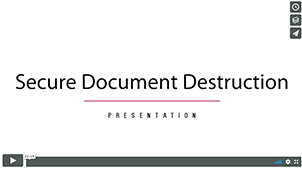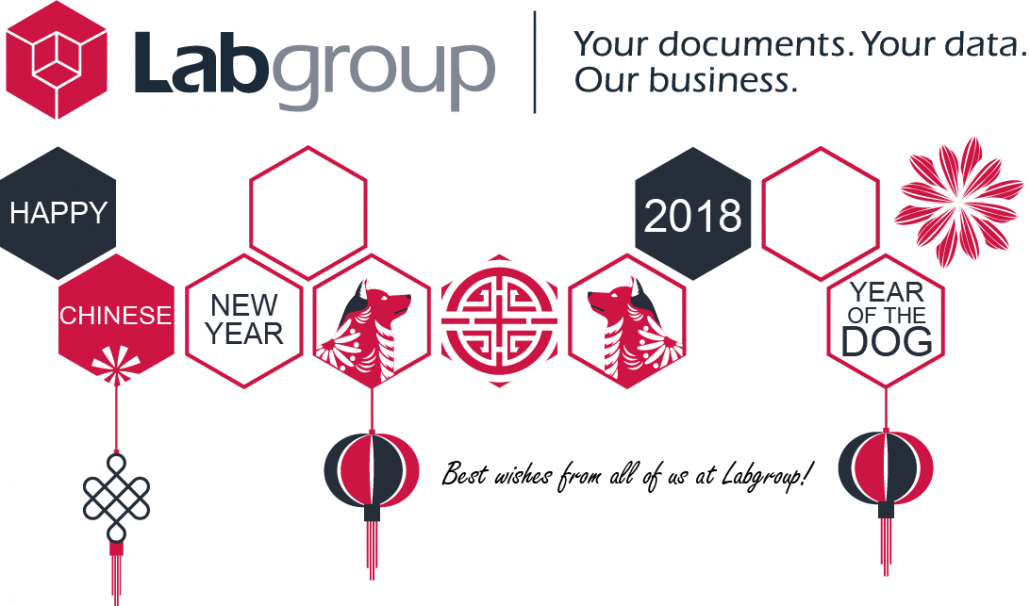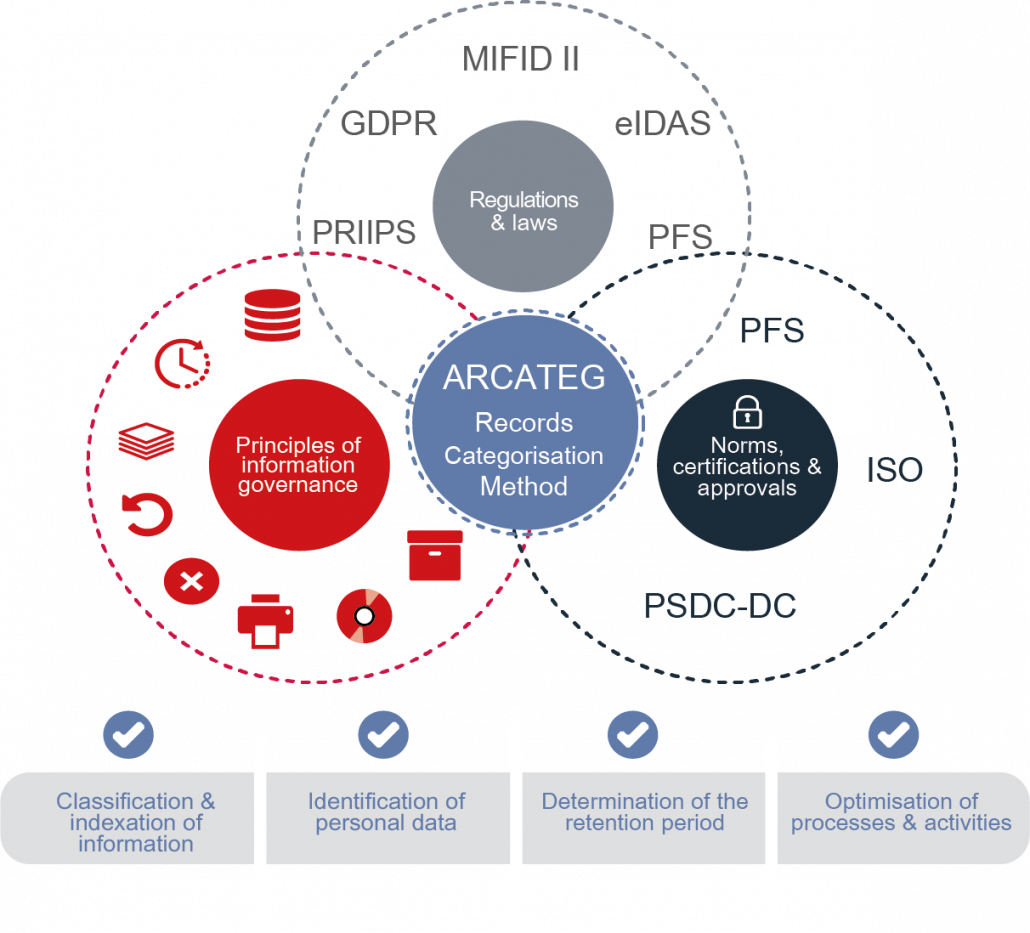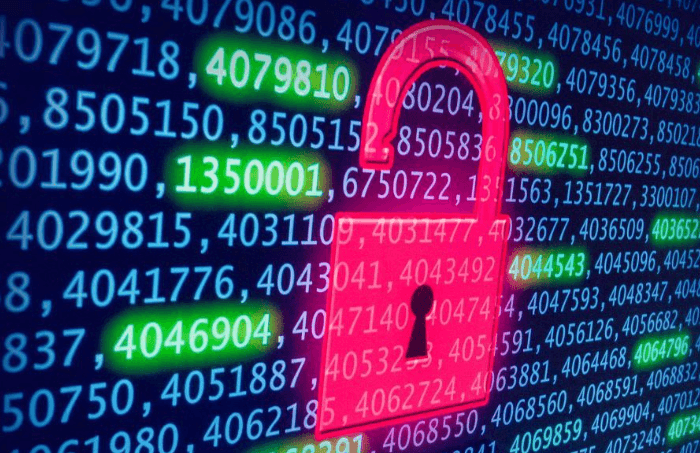Towards a paperless office: Nothing to fear, but fear itself!
On 1 February 2017, Labgroup became the first company in Luxembourg to achieve PSDC (Provider of Digitalisation and Conservation Services) certification from ILNAS (the Luxembourg Institute for Normalisation, Accreditation, Security and Quality of products and services). Just over one year later, Jean Racine, Labgroup’s chief business development officer, talks about the importance of the certification and how it has impacted Labgroup’s service offering to clients. He also calms the fears of those who hesitate to go digital.
Margaret Ferns: Why was it important to get PSDC certification?
Jean Racine: Archiving has been Labgroup’s core business for 40 years and, over this time, we have invested heavily in information technology in order to help our customers plan for the (very) slow death of paper. Qualifying for PSDC certification was the logical next step. It was also essential to boost digital trust at a time when businesses are likely to outsource non-core activities (such as data archiving) in a context of a heavy regulatory burden, especially with regards personal data protection– GDPR regulation.
MF: In what ways has it altered Labgroup’s service offering to clients?
JR: Although information security is always a major priority for us (for example, we have been an ISO 27001 certified company since 2014), there is always room for improvement. Under the act establishing the PSDC status (the Law of 25 July 2015 relating to electronic archiving), we are required to implement increased security measures. For example, traffic on internal corporate networks must now be encrypted. PSDCs are also obliged to submit complete and detailed information on infrastructure and technical installations, safety systems and procedures, applicable standards and workflow management, etc.
Labgroup has taken its role as advisor seriously by developing a specific archiving project methodology based on best management practices. As a result, interaction between parties and exchanges among persons are structured, scheduled, and accordingly more constructive, building a trusting relationship.
MF: With regards to PSDC, which sectors of activity do your clients come from?
JR: It should be noted that PSDC services (paper documents digitisation and electronic records preservation), are available not just to companies in Luxembourg but worldwide. Indeed, among our first customers, we counted several significant foreign insurance companies, which tend to be the most prolific in terms of producing records.
Locally, the first organisation to trust Labgroup as a PSDC was not a business, but the University of Luxembourg. One year after the formalisation of Labgroup’s PSDC status, however, most demand comes from the financial sector. Surprisingly, we have also seen demand from the construction sector for the digitisation and archiving of supplier invoices.
MF: Have you observed any hesitation in moving forward with digitalisation in any sectors?
JR: The current situation is rather paradoxical. Indeed, despite the fact that we are subject to the same obligations of professional secrecy as a PSF, companies managing highly confidential information have always rejected the idea of digitising their files, since that meant that the documents would leave their premises.
Today, however, we find that it is these same companies that are the first to initiate the most projects of native digitisation (without passing through the paper stage), in order be able to offer their customers all over the world the opportunity to subscribe and operate online. The fact that contracts and transaction notices are processed by a third party such as Labgroup significantly limits the risk of disclosure. Don’t forget that data encryption is very difficult to implement on paper, not so digitally.
MF: Does increasing digitalisation mean less control of data for your clients?
JR: In fact, it is just the opposite. Where a physical item can only be stored in a single place and classified according to a single criterion (e.g. name of author, title…), an electronic record may be searched and retrieved in many ways, each one corresponding to the specific needs of the user. In a similar vein, where access to paper documents requires physical movements and complicated key-based security management, the confidentiality of an electronic record can be managed through indexes/metadata, subject to instant amendment.
In general terms, thanks to digitalisation, information holders have the ability to have total control of their data with regards to its readability, intelligibility, integrity, confidentiality and availability.
@Copyright: Delano





